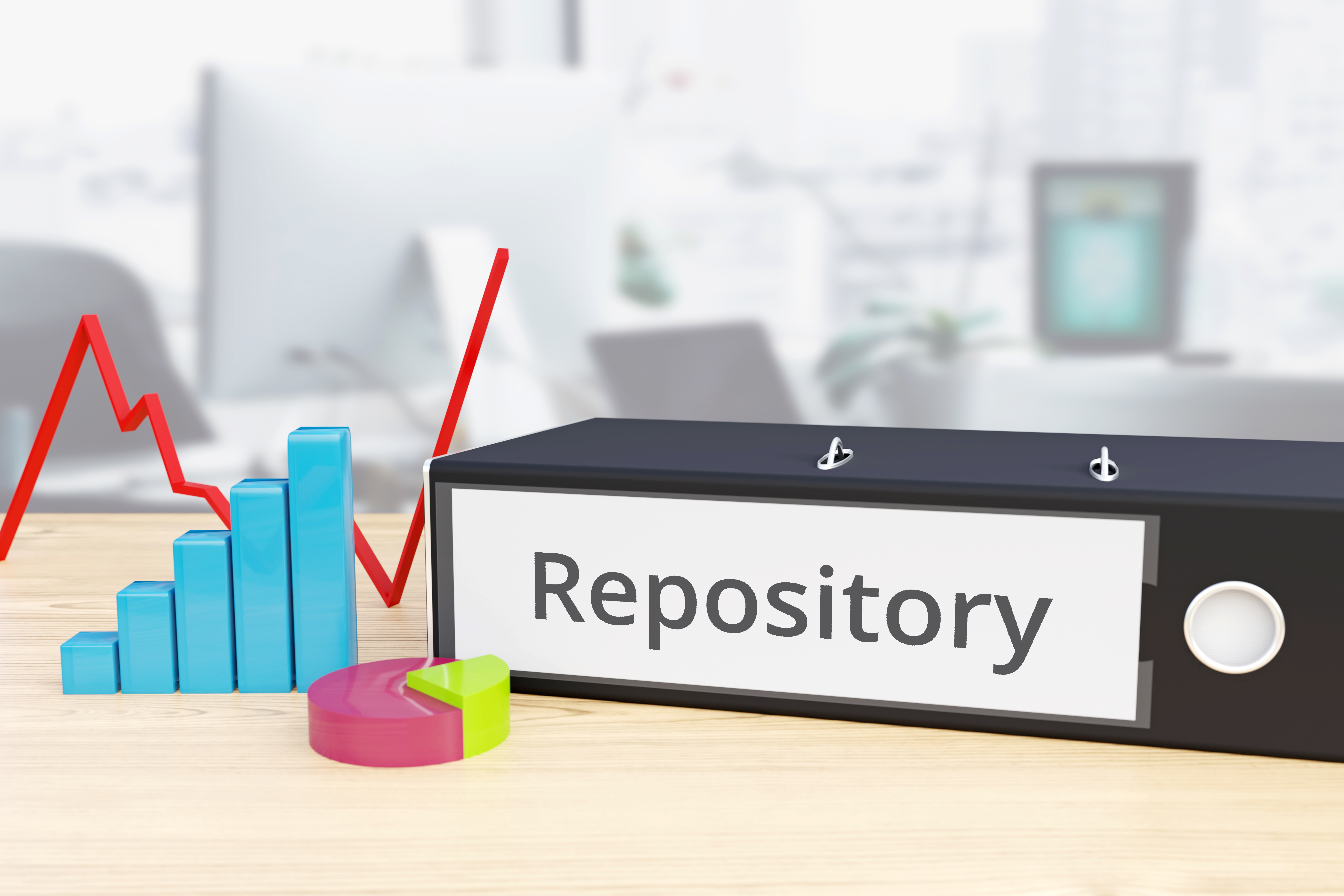No time or $ to train your team?
Make the Most of ‘Teachable Moments’
Learn the ‘no cost’ training techniques you can implement today for ongoing employee training that may make a difference to your bottom line.
For many companies, training employees is not always a top priority. The reasons are varied and are often the result of tough, economic times or a fluctuating economy. Some of the reasons cited by companies include:
- They have a small training budget – or perhaps no budget for training at all.
- They’ve downsized, making it difficult for anyone to be away from their desks to attend training sessions for any length of time.
- Even if they’ve bounced back from tough times, they don’t completely trust that the market will bounce back.
Meanwhile, employees suffer from the stress of the extra workloads they carry which can cause gaps in productivity and increased turnover costs. That stress affects their relationships with each other and, of course, the experience they provide to their customers. And we all know how negative experiences can erode the bottom line. The great news is there are simple, no-cost techniques managers can implement to maintain ongoing training even as employees are behind their desks. They’re known as ‘Teachable Moments.’
Successfully used by educators for years, Teachable Moments are spontaneous opportunities to use an experience at hand to demonstrate a skill or principle – to train your staff in some small yet powerful way. They’re one of the best, most effective ways to support your staff in developing top-notch ‘soft skills’ so they can create the kinds of customer experiences that yield profits.
Here are six quick tips to illustrate how you can effectively use Teachable Moments
1) When you hear team members talk about their experiences as customers…
…ask them how they felt during and after they purchased the product or service. Was the experience positive or negative? Was the service provider attentive, friendly and responsive, or cold and removed? If the service was poor, what choices might the provider have made to make it better? Did the company live up to the expectations it created? What word best describes the overall customer experience? Will they return as a customer? Will they refer friends to the business?
When they understand the emotional impact that their service providers have upon them, they'll better understand the impact that they have upon your customers – how everything they say and do can make or break a valuable customer relationship.
2) When you see team members ‘walking the company talk’…
…acknowledge and appreciate them for delivering the value your company promises to deliver, being as specific as possible. For example, when you overhear an employee patiently talk a customer through your company's delivery process, that's the perfect time to say, "I'm really happy about the way you just showed your customer how knowledgeable, thorough and dependable our company is. Keep up the great work!"
If you notice that a team member is returning customer calls quickly, praise him for demonstrating how responsive your organization is. You might add, "Responsiveness is something that we promise the customer, and that's what you're delivering. Super job!"
3) When your radar picks up grumbling about customer complaints…
…gently assist your team in reframing their perspective of customer complaints as ‘gifts’ to your company; they’re ‘free consulting’ that let your company know where there are gaps in your service and problems with your products. Questions will help you to positively shift your team’s focus (and decrease their defensiveness). Ask your team:
- How is that information a gift to us?
- What opportunity does that information open up to us to improve our customer care?
- What gap in our service did our ‘free consultant’ just identify?
- How can we use this information to add value to our customer experiences?
- Wasn't it thoughtful of that customer to take the time to share that important information?
- Wasn't it brave of that customer to approach us with that difficult situation?
4) When you become aware that employees are making tough choices that will benefit your company in the long run…
… praise them for thinking ahead, for thinking about the effects and outcomes of their words and actions and how they're impacting others. Say, "I like the way you think." It's a simple statement, but it's packed with appreciation, motivation and affirmation that will fuel your team to keep up their great work. "I like the way you're thinking about that.”
5) When you notice team members are visibly stressed…
…remind them, kindly, to “Breathe.” Taking a few deep breaths is one of the most simple and effective ways to handle oneself in a stressful moment. Better yet, give them a few minutes to walk away from their desks, stretch, or get a glass of water. They’re likely to return with a fresh perspective, which makes them better able to provide excellent customer care.
It’s also important that managers themselves handle their stress well. Remember, when you’re a leader in any situation, what you DO is always louder than what you SAY.
6) When your staff needs a shot of empowerment or an attitude adjustment…
… ‘deputize’ everyone to be on the lookout for co-workers who are doing things RIGHT – who are delivering value, who are creating the kinds of feel-good customer experiences that keep customers coming back. Have them submit their findings to you in writing at the end of each day, and then post the ‘great news’ in a weekly ‘Brag Board’ email message or on a poster board conspicuously displayed in a high-traffic area of the office.
While Teachable Moments alone can’t replace the benefits of more formal in-person and online training efforts, they are a convenient and powerful way to create and maintain a positive environment of continuous learning and improvement.
The more you make the most of them, the more focused everyone will be on adding value and taking care of customers. And don’t be surprised if improved soft skills yield hard, bankable results as customers become happy and loyal, and talented staff sticks around because they love where they work.
JoAnna Brandi is Publisher of CustomerCare Coach, a weekly training program on mastering The Art and Science of Exquisite Customer Care. She is the author of Winning at Customer Retention, 101 ways to Keep’em Happy, Keep’em Loyal and Keep’em Coming Back, and Building Customer Loyalty – 21 Essential Elements in ACTION. She writes a free Bi weekly Customer Care Tip. Sign up at www.ReturnOnHappiness.com or www.customercarecoach.com Contact: 561-279-0027(US).
 CA-EN
CA-EN UK
UK AU
AU US
US NZ
NZ PH
PH ZA
ZA SG
SG HK
HK


